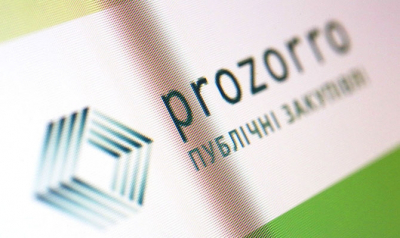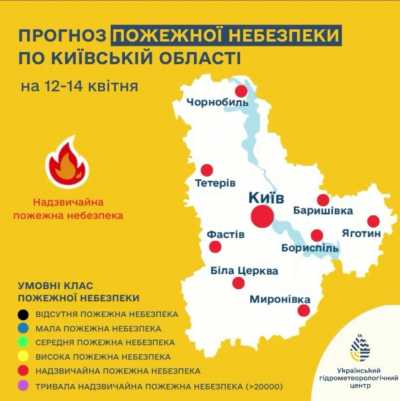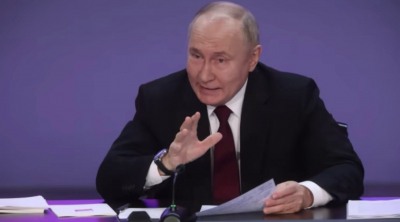Unmasking El Ángel: Wrestling’s Enigmatic Icon
Unmasking El Ángel: A Wrestler ’s Legacy
El Ángel (wrestler)
In the world of lucha libre, the masked wrestler known as El Ángel emerges not only as a formidable competitor but also as a symbol of tradition, resilience, and the enigmatic allure of the masked hero. Born out of the vibrant wrestling culture of Mexico, El Ángel’s journey transcends mere athletic prowess, delving into the depths of cultural identity and the artistry of performance.
With his identity shrouded in mystery behind the iconic mask, El Ángel has captivated audiences with his gravity-defying acrobatics and theatrical flair. Yet, beyond the spectacle lies a narrative rich in symbolism and significance. In the arena, El Ángel embodies the archetype of the hero, confronting adversaries with courage and skill, while outside the ring, he represents an emblem of hope and inspiration to fans young and old.
Central to El Ángel’s persona is the mask itself, a sacred emblem within lucha libre culture. Forged in secrecy, the mask becomes more than a mere costume; it becomes a vessel for identity, a shield against the outside world, and a conduit for storytelling. Through the mask, El Ángel transcends the confines of his individuality, becoming a symbol of collective mythos and shared experience.
However, beneath the mask lies the enigma of the individual. Who is the man behind El Ángel? This question echoes throughout lucha libre lore, fueling speculation and intrigue. Some argue that the anonymity of the mask is essential, preserving the mystique and universality of El Ángel’s character. Others contend that unmasking the wrestler would humanize him, adding depth and complexity to his persona.
Beyond the realm of performance, El Ángel’s influence extends into the cultural landscape of Mexico and beyond. As a cultural ambassador, he embodies the spirit of Mexican identity, showcasing the artistry and athleticism of lucha libre to audiences around the world. Through his performances, El Ángel transcends language barriers, uniting diverse audiences in celebration of Mexican culture and tradition.
Yet, El Ángel’s legacy is not without controversy. In an industry marred by scandal and exploitation, questions arise regarding the welfare of luchadores behind the scenes. Critics argue that the glamour of the ring often obscures the harsh realities faced by wrestlers, including physical injuries, financial instability, and limited career opportunities. As El Ángel grapples with these challenges, his story becomes emblematic of the broader struggle for recognition and respect within the world of professional wrestling.
In the end, El Ángel remains a symbol of paradox and possibility, embodying the tension between myth and reality, tradition and innovation, anonymity and identity. Whether soaring through the air in the heat of battle or standing in solidarity with his fellow luchadores, El Ángel transcends the confines of the ring, leaving an indelible mark on the cultural landscape of lucha libre and beyond.
As spectators, we are left to ponder the enigma of El Ángel, reflecting on the profound impact of his masked persona and the enduring legacy of the masked hero in the annals of wrestling history.











